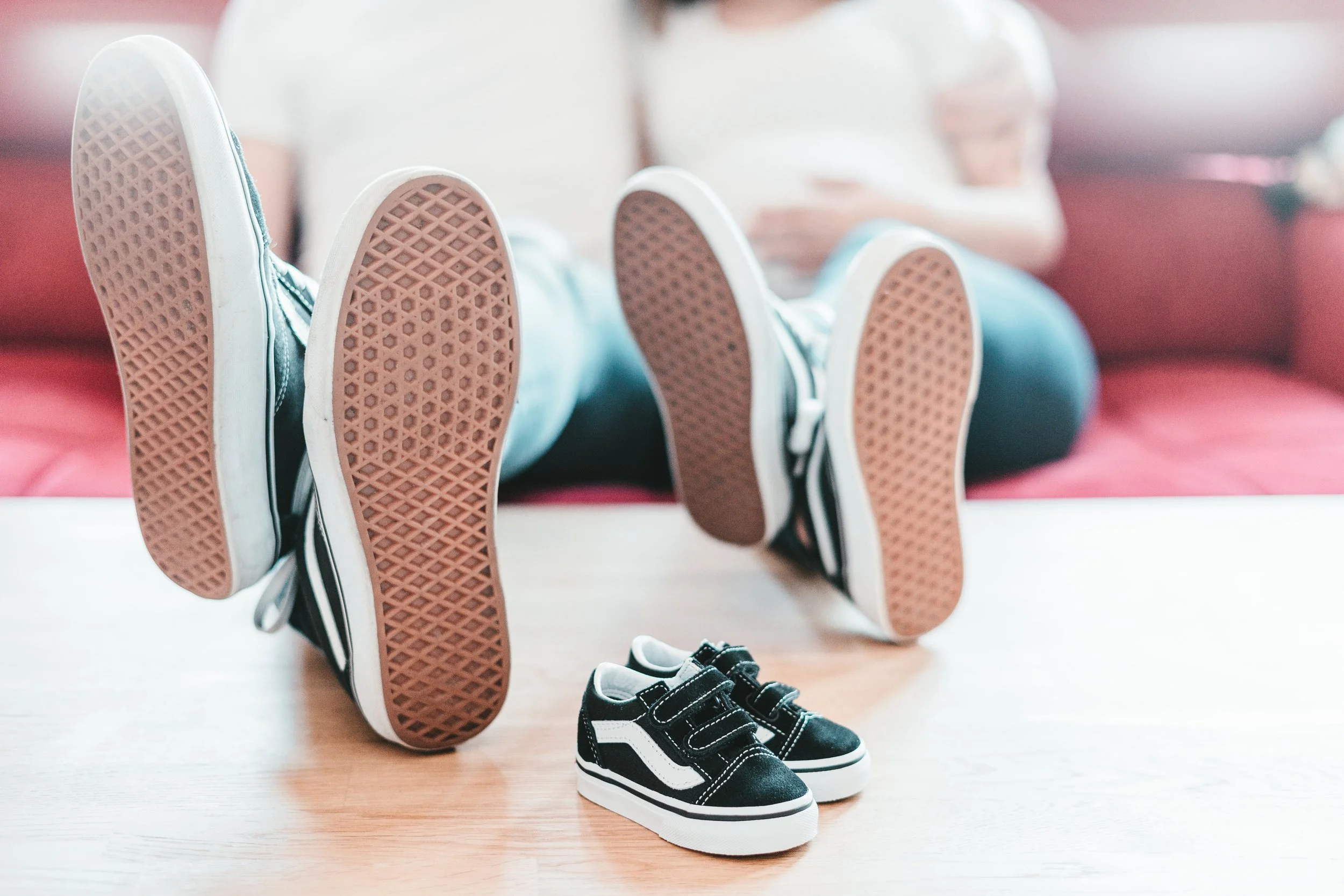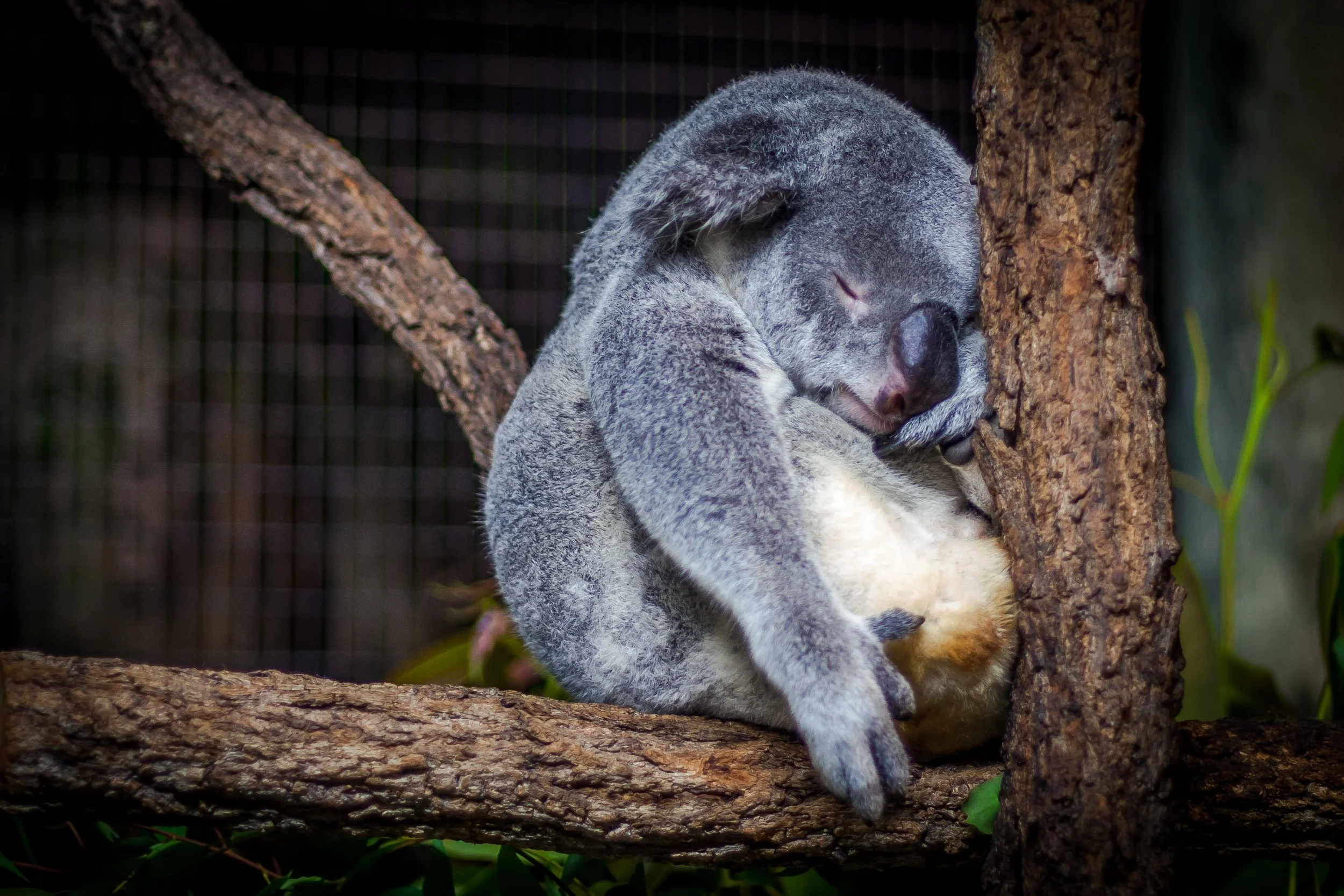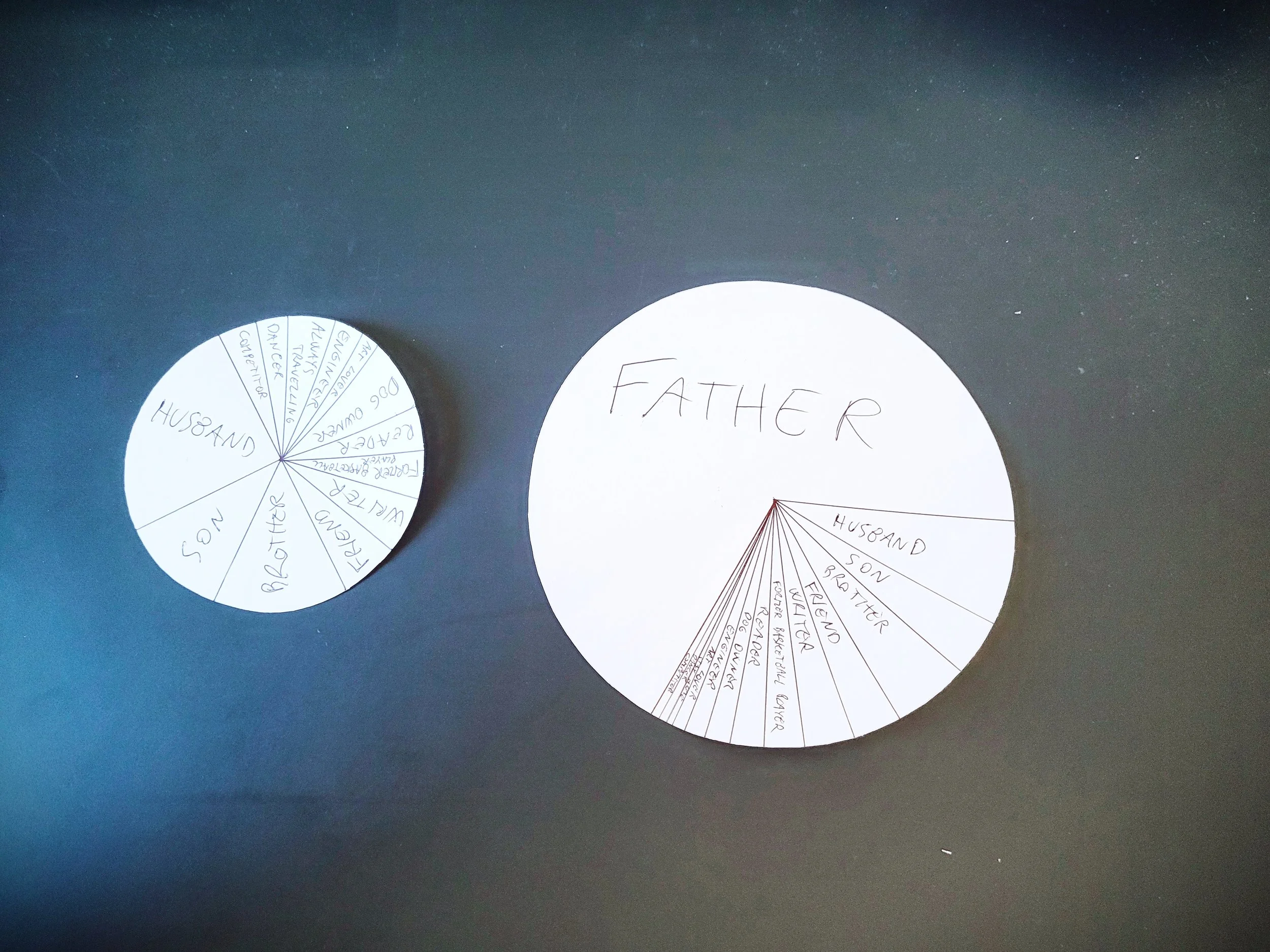What it’s like to have a kid
Reading time: 4 min
Photo by Julian Hochgesang on Unsplash
“At the end of the day, courage is optimism. I wasn’t an optimist because I wasn’t brave.”
Becoming a Parent
I’ve always assumed that becoming a parent was like an on/off button. One day you’re an irresponsible teenager with a mortgage, the following you crack dad jokes and get aroused by the sight of barbecue grilles for sale, but I was wrong.
There’s a lot of in-between; an ugly stage of adaptation which remains concealed from the outer world, hidden within your familiar core for long enough to emerge like a butterfly from the pupa. Or, almost.
The main difference between myself on the 10th of January 2022 and me today is that now I’m exhausted.
I’m no more responsible, caring, cautious, wise or patient. I’m just more tired, and my beard’s longer.
What Children Do to You
That’s the miracle of life, I guess. (No, not the beard.)
We’re still ourselves when the tsunami of a new life crashes into our barely together lives, and we stay ourselves—we don’t shatter into a million irreparable pieces.
When a friend of mine asked me what it’s like to have a kid, I instinctively replied: “it’s like placing a massive sofa into an already crammed room.”
I stand by my metaphor.
A child is cumbersome in many ways.
First, kids require a ton of stuff. I’m convinced that new parents move not because of the desire to live in a house big enough for parties and family reunions, but for the sheer volume of toys, nappies, clothes, prams, carrycots, cribs, lotions, books and battery-operated snot-suckers.
Then, children fill every minute of every hour of every day. You can’t watch a movie from start to finish without interruptions. You can’t have a meal without using your spare hand as a shadow play instrument, while Baby Shark is tuning at full volume to delay their screams.
Finally, they replenish and increase your ability to love.
Before my daughter was born, I believed I was capable of tons of love. I love my wife, I love my dog, I love my parents and my sister, I love my friends, my grandparents, but also basketball, and writing, and reading, and the New Forest. I love science, Margaret Atwood, travelling and the Impressionists. I love Quentin Tarantino, my hammock bought in a Brazilian market and Carbonara. I love yoga and going to the cinema. I love drawing, salsa dancing and Stephen Fry. I love loads of people, activities and things, and I thought my capacity for love was pretty much overflowing.
Minerva changed all of that.
During our pre-marital course, my wife and I did an exercise in which we had to describe who we thought we were by dividing a circle into slices, each one representing one aspect of ourselves.
Just for fun, I re-did the exercise last week, comparing my new circle to my childless one, and that’s how they look side by side.
A child definitely stretches who you are under every possible metric, but regardless of how much you can grow as a person, all that growth is eaten up by your child.
Not only a child occupies every free crevice of your time; it also squeezes out everything that’s unnecessary. Only what’s important remains.
Sacrifice
I never really thought about sacrifice until I became a father.
Before that, I enjoyed living in the delusion of everything. Giving something up had never really been an option, but now, every time I don’t give something up, I lose precious moments with my daughter.
Sacrifice is a noble word.
It is intrinsically human, rooted deeply in our social behaviour since the dawn of time, and having a kid really forces you to understand its meaning.
How much am I sacrificing, and for what reason? How much should I reconsider?
Should I sacrifice money and convenience for relaxing weekends? Should I sacrifice a blazing career to keep writing? Should I sacrifice my writing ambitions to chase money and an easier life for my family?
There is no easy solution to this, but in my family, we listen carefully to our guts, and my guts always know what I should not give up.
Alla prossima.





